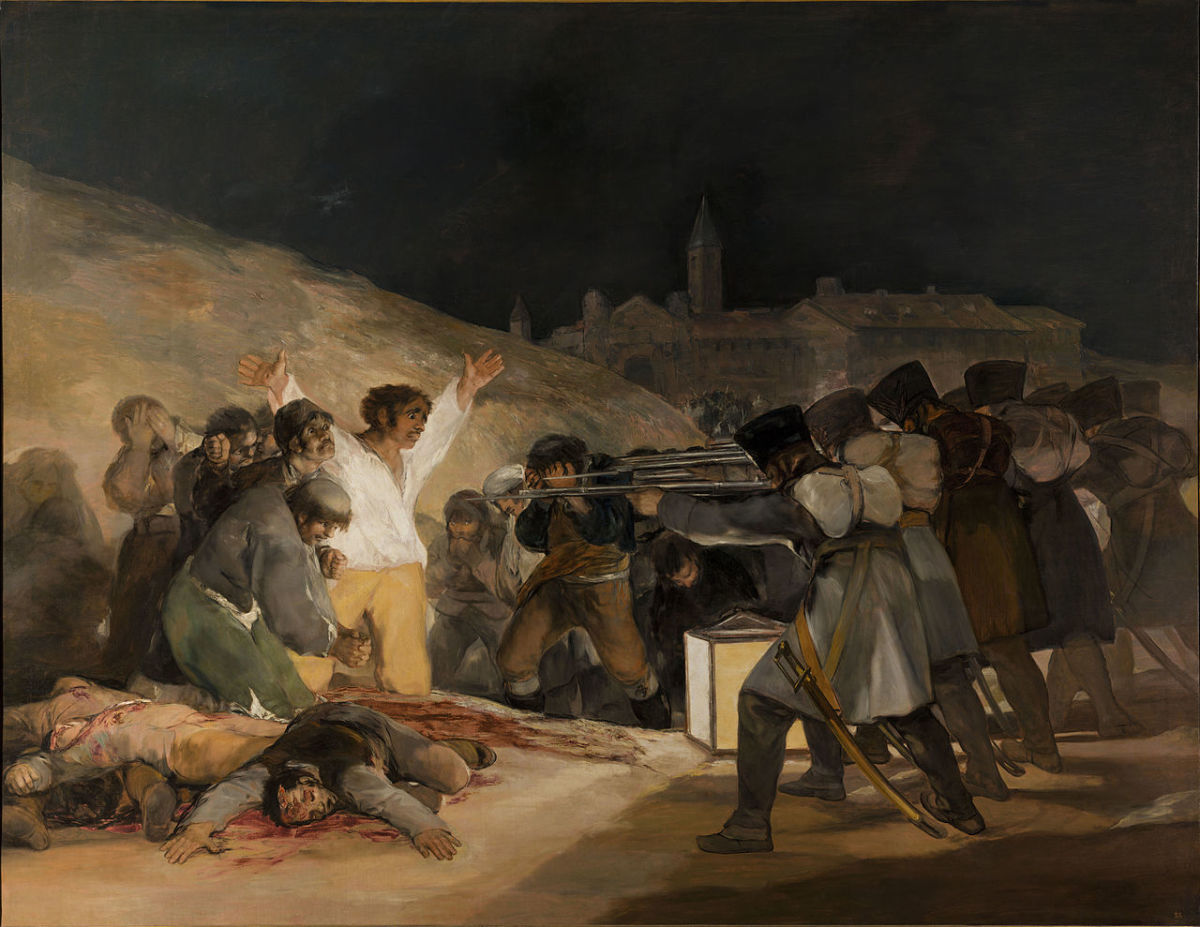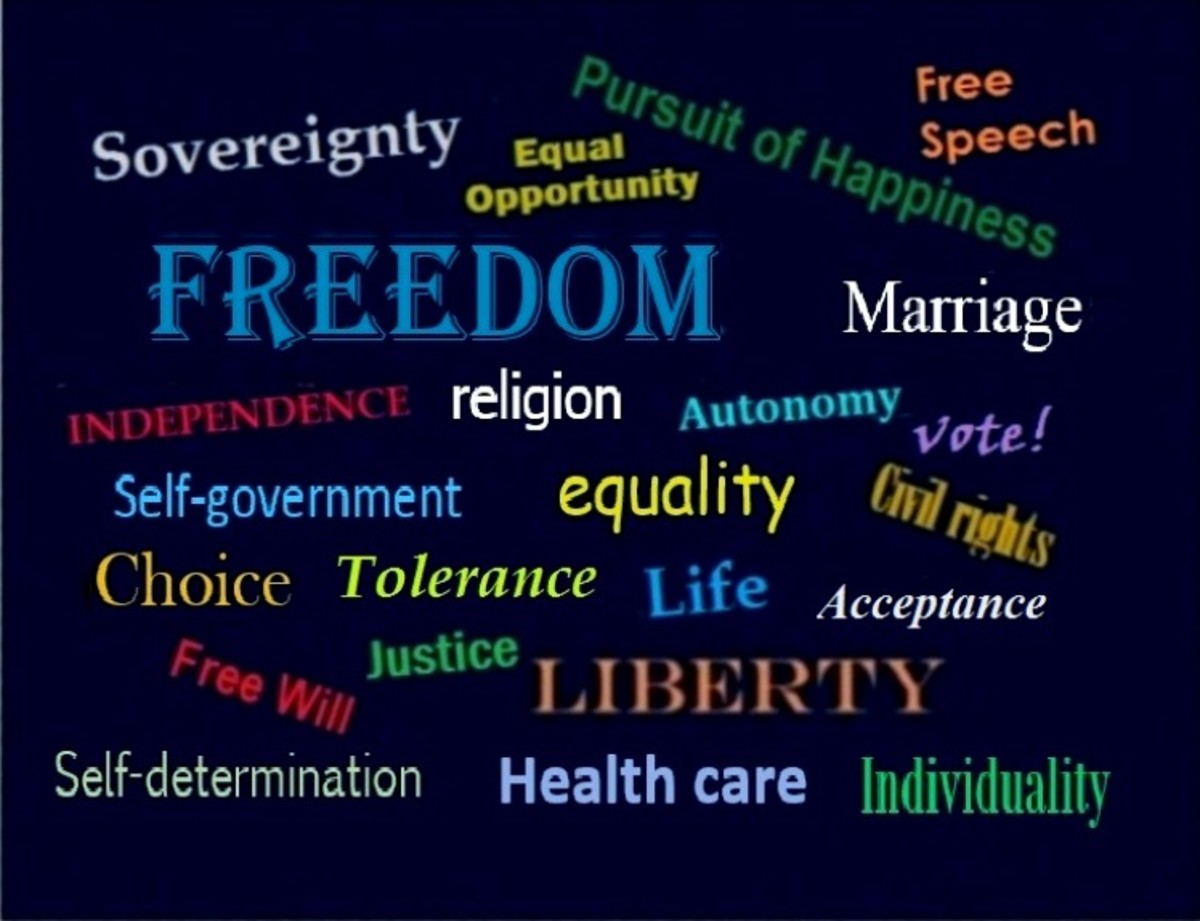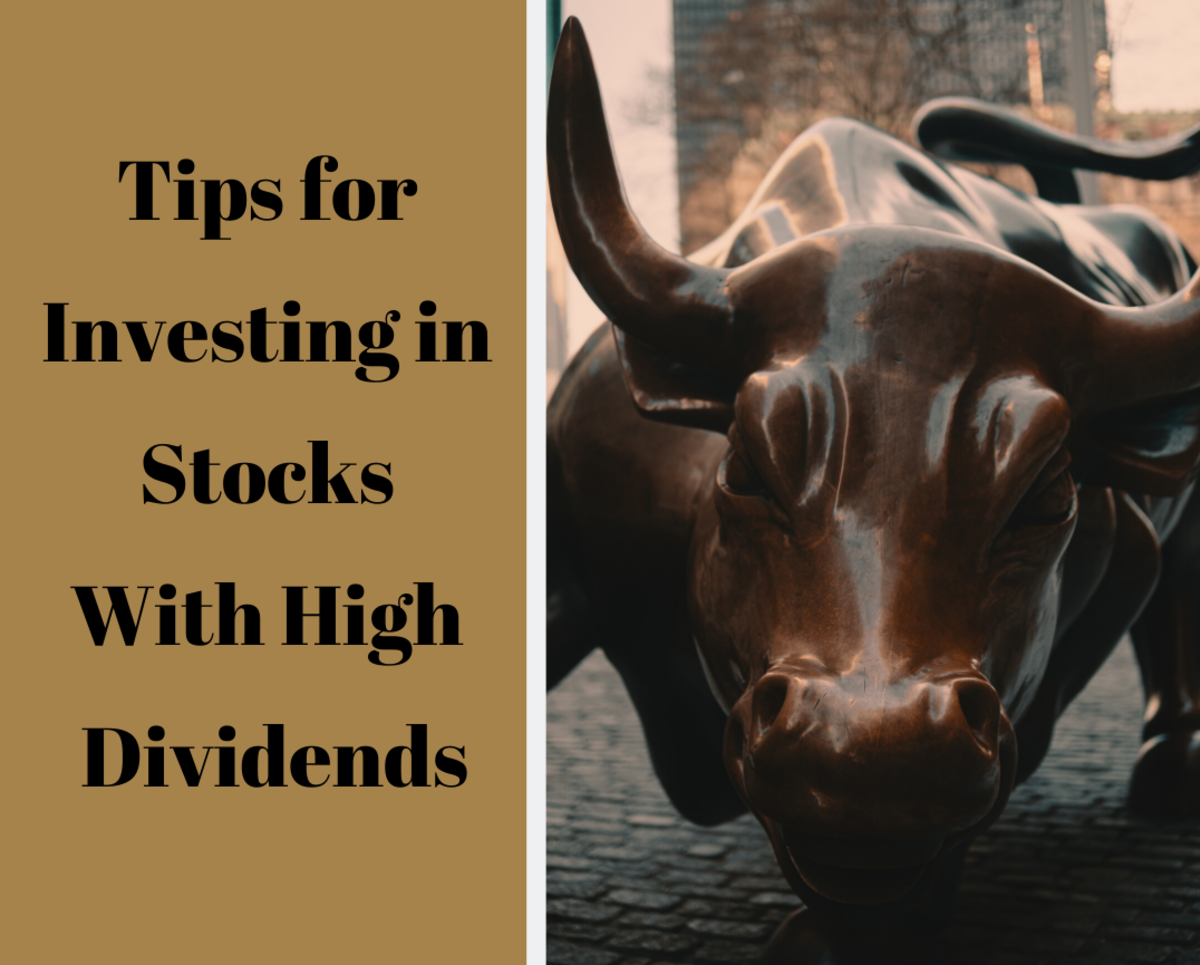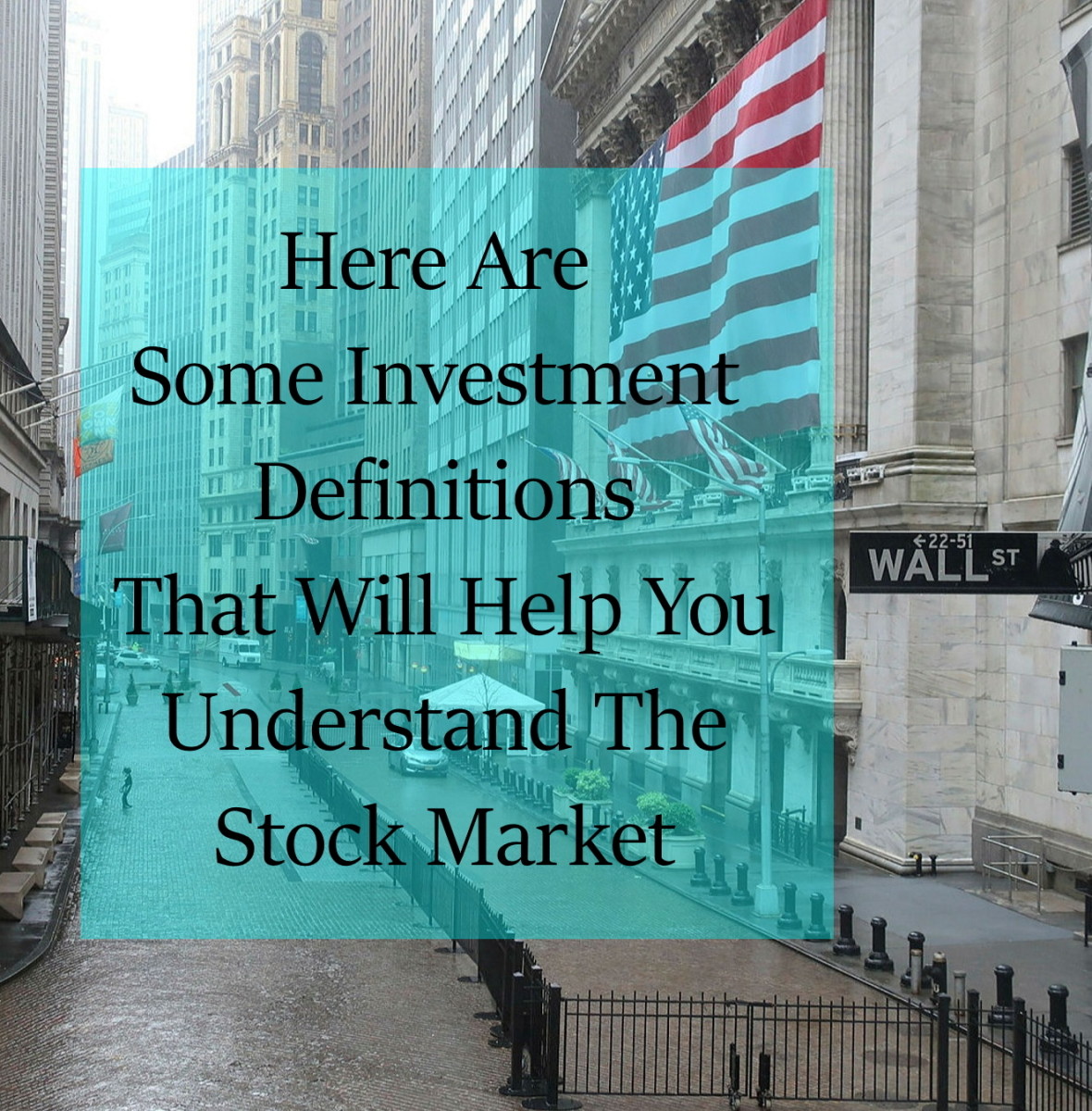Why is everyone working so hard?
Introduction
Why is it that everyone is working such long hours, and there is a constant push for more, bigger, better? When I was in my teens and computers were just coming of age, I wrote an article which reflected the received wisdom of the time, which was that computers would make everything so efficient that we would be able to produce our current day's work in half a day, and take the rest of the day off. The big problem for the future would be to provide enough leisure facilities to accommodate a working population who had an additional 20 hours of free time each week. Computers and technology have certainly allowed us to produce more for less, as predicted, but instead of being content with that and taking the rest of the day off, we are all working longer hours than we were then, and striving harder and longer for more and more material wealth. So where did this all go wrong, and why?
Shareholders and investors
One of the key drivers for continuing expansion and growth must be the way we finance our businesses. If you have shareholders or investors, then they expect your business to keep on growing and making more and more profit, so that they can get a good return on their investment. The early days of shareholders were not so ruthless, with people expecting a return on their investment, but over longer periods. In current times, electronic share-trading systems trade many times per second, and the returns are expected to be made in seconds, not even minutes, hours or days, let alone months or years.
But the investors and shareholders are only being driven by the same urge that is driving everyone else - to get rich quick, and largely at the expense of anyone and everyone else. What is driving this fervour for continuous growth and being bigger, better, more profitable?
The human condition
The answer must have something to do with the human condition. Millennia ago, we weren't content simply to sit in our caves and gather a few fruits and nuts, kill the odd animal for food, and take the rest of the day off. Instead, we invented tools, travelled into the next valley to see what was there, and essentially didn't take the time to relax like many other animal species - the big cats spring to mind, not to mention the koala. All through history, mankind has never been content with his lot, always striving to build cities, colonise countries, build empires, rather than have a good meal and a glass of wine, and then take a few hours rest. So perhaps it is hardly surprising that once we developed the technology to do things faster and cheaper, we would not use it to get the work done in half the time and take the rest of the day off, but instead would push harder to reduce costs, increase profits, and make more money.
Will it ever end, and if not, where will it go? Mankind now has, in the developed world, enough toys, leisure aids, beautiful places to go and see, exciting things to do never to need to develop anything further. The developed world could set its sights on stopping its own growth and helping to eradicate poverty in the rest of the world, but it unequivocally chooses not to.
So why won't we slow down?
I believe it has to do with mankind's fundamental driver of greed. As we've discussed, all through history mankind has never been content, but has always wanted more. Of course, today in the western world, whole industries are geared up to exploiting this greed, and fuelling it, making us envious of what others have that we don't and trying to sell us more and more things that we can covet, even though we do not really need them at all. We now see this permeating the rest of the world too, such as former communist states where greed of the proletariat has, in the past, been suppressed (though not the greed of the ruling classes who have feathered their own nests in abundance). To some extent, the proletariat were content with what they had, as they were not allowed to see what others had, and so could not compare, get jealous, and covet a more materialistic lifestyle. The internet is changing that dramatically now. It is cheap to get internet access, and through that to see what others have; so now we see totalitarian regimes toppling as their peoples demand access to the wealth that their leaders enjoy.
Will it ever stop?
I don't believe that it will. People with £10million in the bank, or even £1billion, still work ever harder to make even more money, that they do not need and can never spend. Why do they not just stop working and enjoy the rest of their life living off of the money that they have? Because they always want more.
Another factor is power. Those with huge fortunes who are still working hard, are almost always also motivated by the power that their money gives them. Whether it is positional power in the companies they work for, access to politicians and celebrities by virtue of their wealth or business power, or the power to own or to do almost whatever they want to, the attraction of power, retaining power, and increasing their power, seems to be a huge factor in driving them to strive for ever more wealth.
Are there any factors which work to control this?
I believe that one such factor is laziness. Laziness is also part of the human condition, but it is a "weak force" compared to the forces of greed, and the desire for power. A huge proportion of the populations of most countries would say that they would love to have wealth and/or power without putting in any effort, but the reality for the relatively few people who find that they do have this, through inherited wealth, titles, etc, is that they are rarely happy, and seem to long for some meaning in their life, which having money and power without working for it do not provide.
Many of those who have made vast fortunes, turn their attentions to charitable work, or similar, in later life, in a quest to achieve something meaningful with all of the wealth that they have amassed. And so maybe this is another controlling factor on greed and lust for power - that in the end it must also provide "meaning" or "worth" (and not merely financial "worth").
Conclusions
So perhaps the biggest driver of all for humans is "meaning". Doing something, achieving something, that has real value or worth. How we interpret that value or worth varies not only from person to person, but during a lifetime for an individual. They may start in the pursuit of making something better, bigger, faster, more efficient, go through the pursuit of wealth and power, and end up with the desire to give something meaningful back to the world. So maybe the biggest greed we all have, is the greed for more meaning to our lives?








